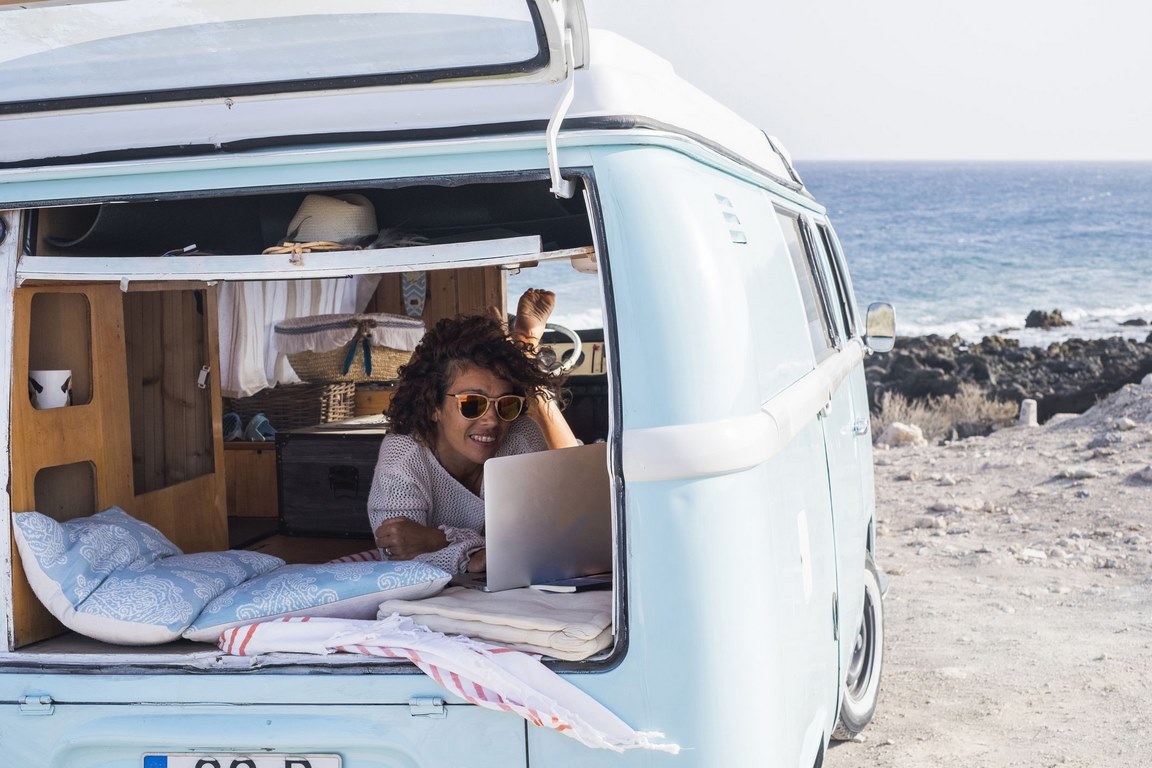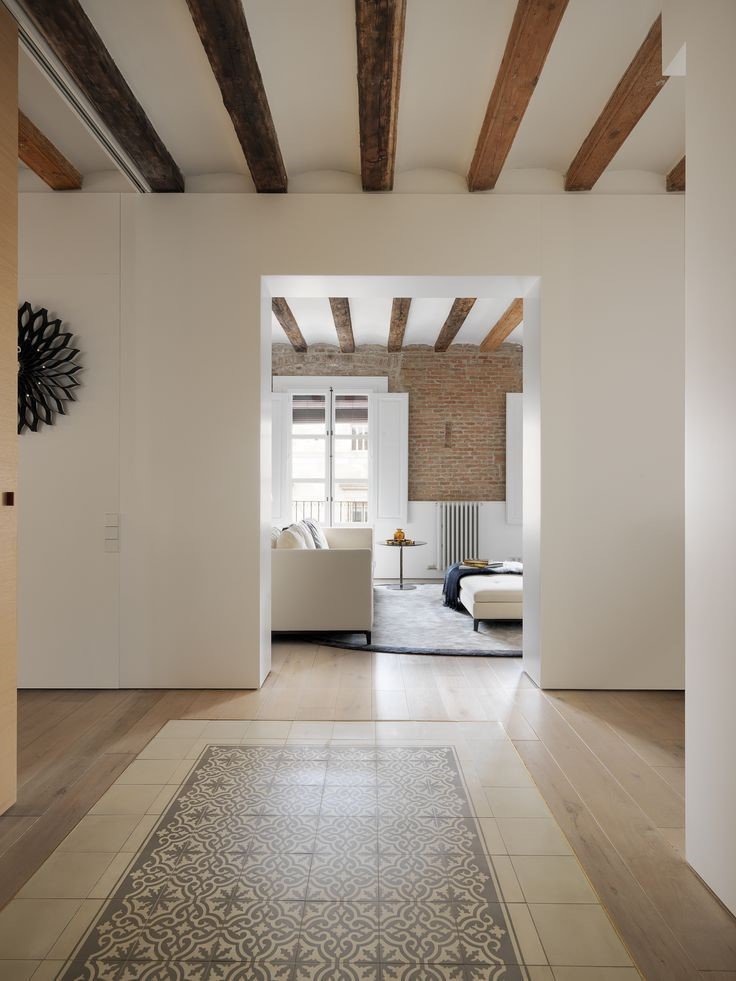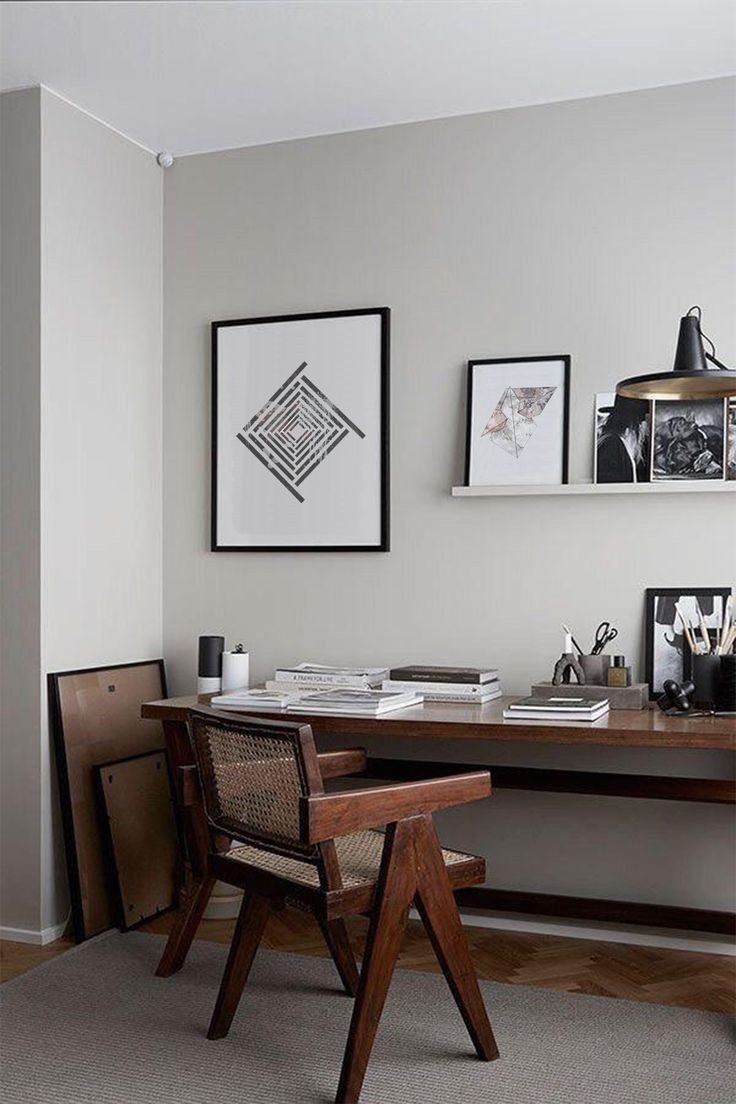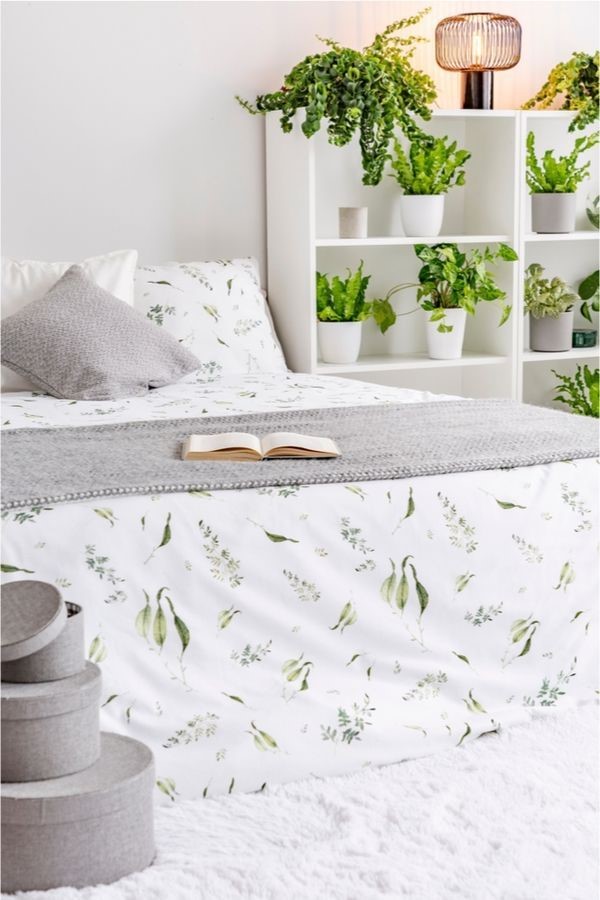Table of Contents Show
Minimalism and homeownership are words that usually come up on opposing sides of each other. Let’s dial back and try to understand what each means.
Minimalism, according to the minimalists, is a tool to achieve freedom. Freedom from the “passion for possessing.” This passion has driven the general population to high depression rates, stress-levels, worry, and guilt. Others say minimalism is owning fewer possessions.

Homeownership, on the other hand, can be related to owning more things.
Where can we find the balance between the two, you ask?
There are around seven types of minimalists in the wide world. We’ll discuss their priorities and how each can navigate the homeownership topic.
Frugal Minimalist
The smart spender. This minimalist type is well known for spending the least they can on items and will only pay for the necessities. They may have learned this accidentally while growing up in little income homes.
For this type of individual, purchasing preferences are based on needs.
If you are a frugal minimalist, homeownership for you will depend on your life plans.
- Family goals; Whether you want to have children and how many children you would like to have. Do you have a pet?
- Home items; What will you need to perform your home responsibilities, or if you work from home, what will you need to complete this work. Which furniture do you need?
- Transport money; How far will you have to travel to get to where you need to be each day. In particular, traveling to school for kids, work for you, the grocery store, or the farmer’s market.
You can look at different housing to determine which house is affordable in both the purchase and renovation aspects. You can also find cheaper accessories that make your home look expensive.
Read Also:
Nomad Minimalist
The nomad is an individual who can decide to pack up their lives and move to a different place at any point in their lives.
The nomad ideally does not have anything holding them back from traveling the world. There are nomads whose work is their reason for travel, and there are those who travel for the experience.
Nomads carry as little as possible. They can pack up a single backpack and leave, which means that they do not aspire to own a home at any time and prefer renting.
In case they wish to own a home, a recreational vehicle(RV) would best suit their need for travel.
Another option would be the purchase and resale of housing for each location they travel to, which will require a lot of research on houses.
Aesthetic Minimalist
Aesthetic minimalists enjoy sharing images of their minimalistic livelihoods on social media. They are individuals who enjoy how being a minimalist looks and feels.
If you are an aesthetic minimalist, you probably would like a small home space with good lighting and household items that look expensive despite their price.
For you, spending more money on items that will minimally decorate their home is not a big deal.
Let’s dive deeper into what you need for a home, shall we?
- Housing structure; you could purchase an apartment with proper natural lighting and well architectured. The better looking an apartment is, the higher the quality of pictures and content produced from it.
- Housing pricing: the initial purchase of a house is probably not an issue for you, so buy a home that looks good on you, especially one that can portray your minimalistic living.
- Furniture: It depends on whether you wish to portray an image of a cheap, good-looking house or you wish to have few expensive essential items for your home.
- Mortgage vs. Rent renting a home might limit the design changes you wish to make to the house, dependent upon the landlord’s view on customizing your home experience.
- Lighting In a case where the natural light just doesn’t work for a house you love, install artificial lighting that makes the place brighter. LED strip lights by elstar, a china based LED lighting company, can help you achieve this.
Essential Minimalist
An essentialist is an individual who makes decisions based on whether it is a need or a want. In other words, spoilt for choice, but always goes for the cheaper option.
Therefore, homeownership can only be on their radar if;
- They wish to start a family.
- They need more space for their work(for those that work from home)
So if you are this type of person, consider;
- Family members; how many are you, and how can you effectively share resources in your household—things such as bathrooms, bedrooms, and work/study spaces.
- Work from home needs: What do you need to work effectively? And how much space can you squeeze it in without risking the quality of your work? Answer these, and you’ll be good to go.
- Pricing: what is the cost of purchasing a house that would break a deadlock where you have two house options that you can take. For you, the above two probably matter more than the price.
Mindful Minimalist
A minimalist who chooses what to have in their home depends on whether it brings joy or not to the household.
If an item makes you sad, you would probably get rid of it fast, not caring about how good it looks in your house.
As for the house itself, take the time to evaluate it alone before making the purchase, perform research on the past of this house, and have any negative feelings towards the house. Making the purchase is not worth the risk.
Take time looking for furniture too, and probably one plant that’ll make you happy.
Digital Minimalist
Your digital presence is minimized, your desktop is organized, your phone does not have any unused applications, and your email is free of unnecessary information.
If this sounds like you, you are a digital minimalist, which means that you do not have a problem with purchasing a home at any price point, as long as your house purchase will not attract any social media attention.
Homeownership for you will require physical contact with the seller or agent since any communication made via social media would probably get lost somewhere.
Getting a gorgeous home for you is a matter of preference, not peer pressure, so take your time feeling the house before you buy it.
Eco Minimalist
How your choices affect the environment matters to you. Purchasing homes designed in a way that contributes to global issues is a no for you.
Therefore, homeownership will require research on;
- Construction of the home; where it was constructed, was there cutting down trees, and if so, did they replace them.
- Interior design; materials used and how they affect the environment.
- Waste management; ensure it does not contribute to pollution.
Take lots of time knowing what was done wrong while the house was under construction and how you can contribute towards reversing the effects.
Conclusion
Owning a home is a challenging process for individuals that subscribe to the minimalist way of life. There are different considerations for different types of minimalists, and thus homeownership cannot fall under a one size fits all category.
This being that minimalists can either be spendthrifts, or smart spenders, based on what their goals are in the purchase.
Take your time to understand what you need before deciding to purchase a house to make your home.
















